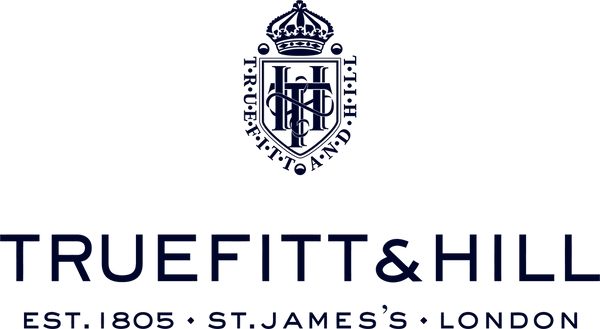Glenn Azar spent 17 years in the army where he led troops on active deployments in East Timor and Bougainville. Having started and sold a successful boxing gym, he now runs Adventure Professionals as a success coach, speaking to corporate groups and taking clients to remote locations throughout the world including Kokoda, the Mt Everest region, Australia and Africa.
What does courage mean to you?
It just means having a go without letting your own limiting beliefs get in the way. During my time in the army, I often found myself in dangerous situations. My role as a leader was to keep a cool head and pay close attention to the enemy to make sure they were doing the same. In East Timor, we were in contact with the enemy and neither side wanted to fire on the other. I was in charge of a bunch of young soldiers who were well trained and disciplined. It was my job to remind them to keep their finger outside the trigger guard and pay attention to what's happening and not succumb to their natural fears. Two groups of soldiers were looking at each other, keeping calm and focusing on the job they were there to do. That's courage.
A huge amount of that comes down to training - in the army, we focus on doing the basics really well. We call it the 1% - the boring stuff that you don't always get the pat on the back for. By encouraging soldiers not to be afraid of mundane tasks and giving them enough support and training, you can then trust that they'll make the right decisions in tough situations. An extreme example of this is my daughter climbing Mt Everest. It's about being aware of the situation, and making good choices, and not letting the thirst for the goal stand in the way of good decision making. Being reckless is very different from being courageous.
What role does courage play with business leaders?
In my experience, successful people, are those who can adapt to new things. It's an entirely different world to a few years ago in that it's now far too easy to be left behind. It takes courage to start a business and courage to lead, but it takes even more courage to change. In fact, many people make not changing a badge of honour. Stick to your values, but don't stick to the way you do things only for the sake of being stubborn.
How have you taught your children about courage?
I've got a 15-year-old son who has severe autism and he goes to a special school. He would swap his best day for most people's worst day, so my other kids have learnt that if you want something, don't complain, just go out and get it. Living in an environment where their brother is forced to fight for everything has forced them to realise how lucky they are. He's been an amazing inspiration for my girls, one of whom has climbed Mt Everest twice.
When she first came to me with the idea, I told her that I don't know anything about climbing, but if she really wanted to do it, she needed to work hard and accept the risks and the worst-case scenarios and not just get all excited about the cool parts. I never did the work for her; my job was to help her understand the journey and her role was to get it done. My other girls do drama and get on stage and other things that are scary to them. It's incredible what your kids can achieve if you give them room to grow and don't underestimate them.
What do you think courage and independence have in common?
So many people are dependent on being liked. Thanks to things like social media, numbers and metrics seem to matter too much. The ultimate act of rebellion in our current society is to not worry about what other people think and to let yourself out into the world unfiltered. If people love you – great, if not then have the courage to be yourself anyway. Listen to feedback, but don't seek validation from others.
The Building Better Humans Project – Glen Azar



